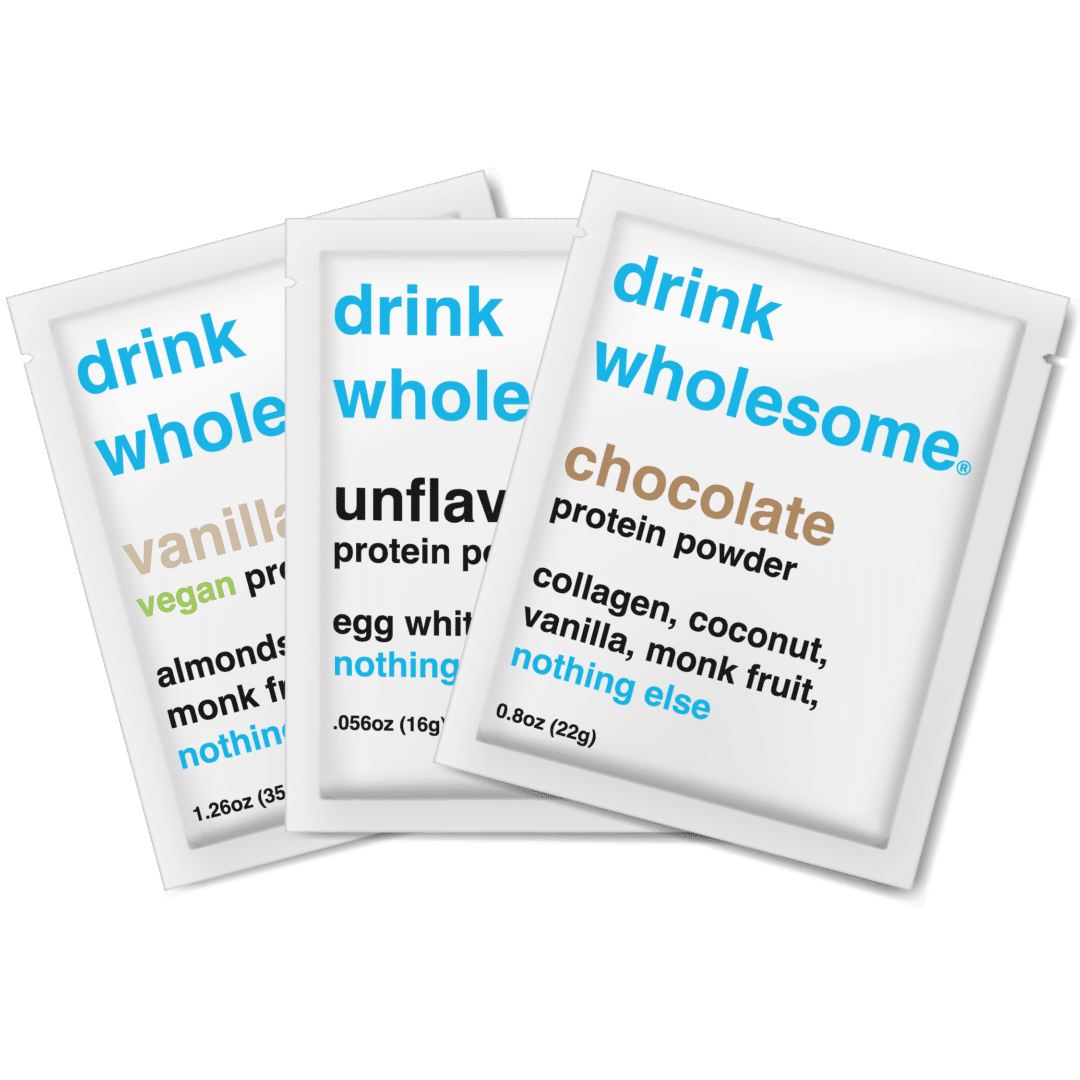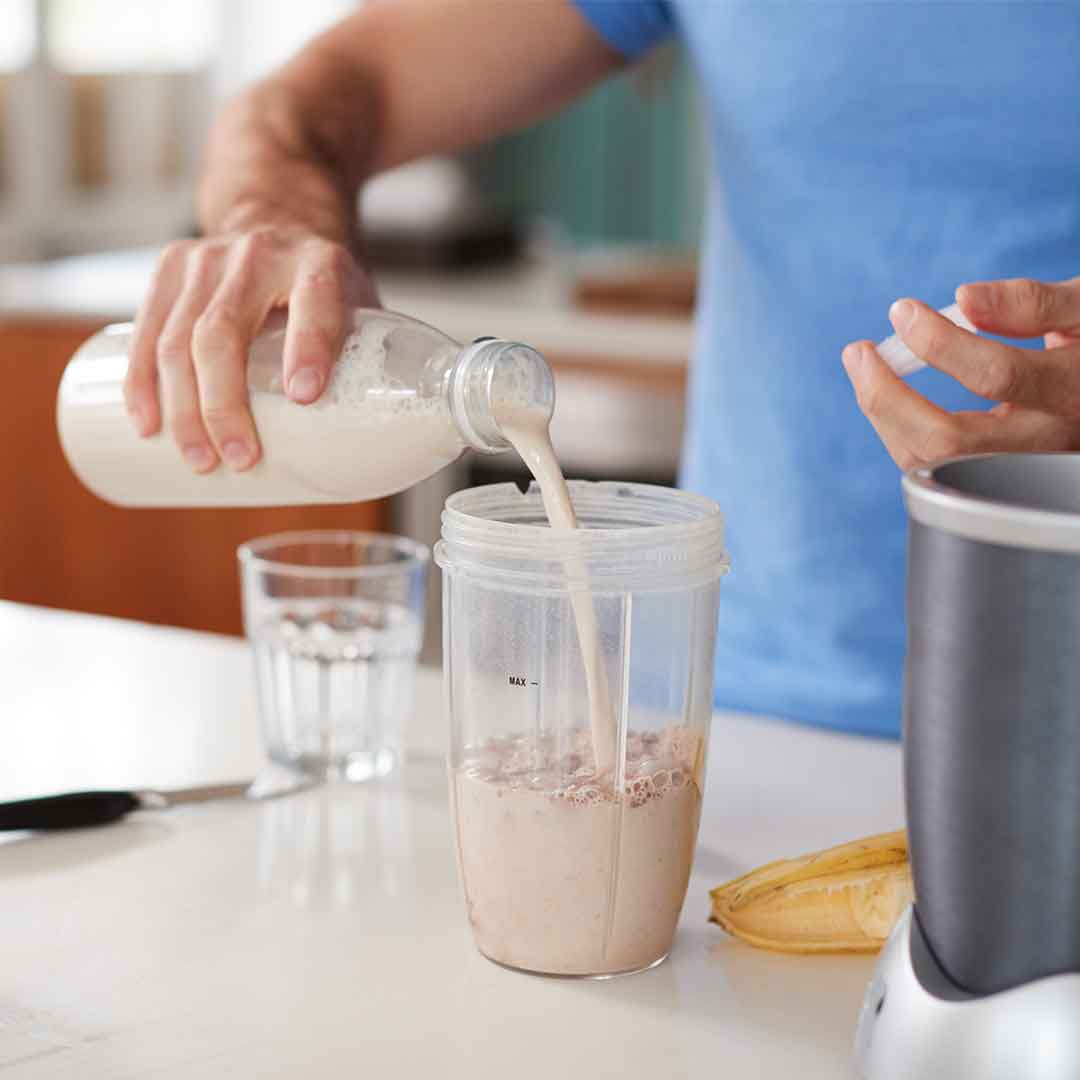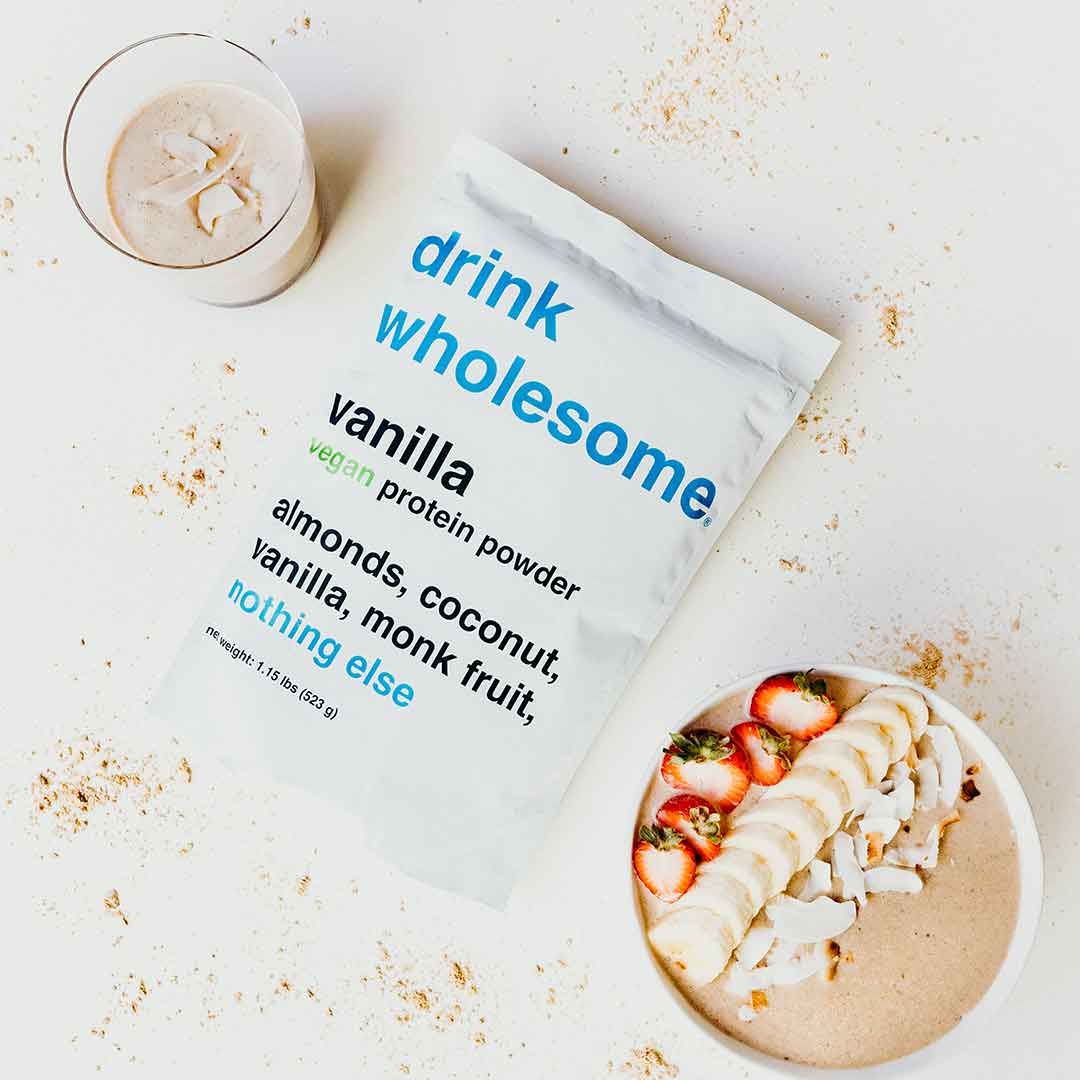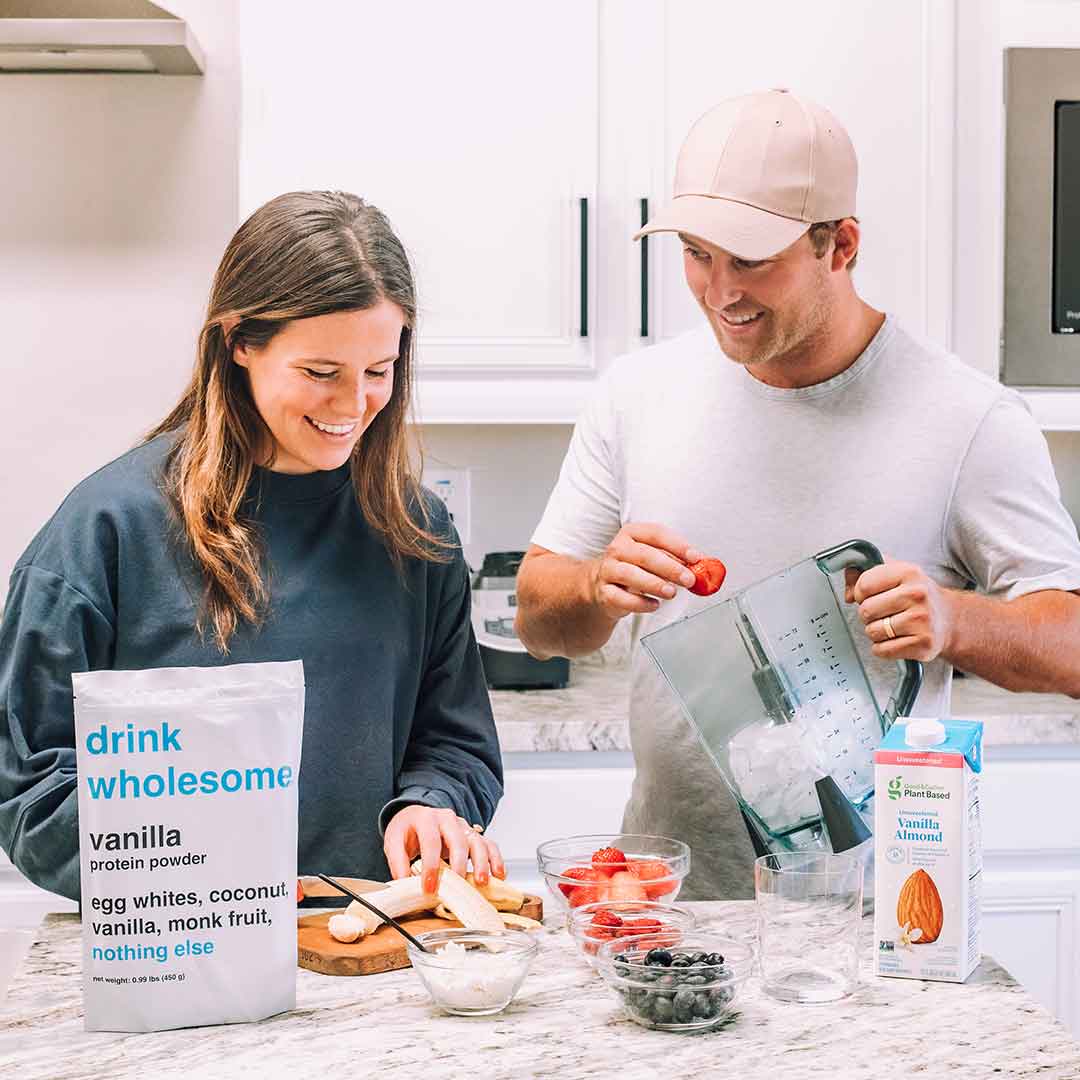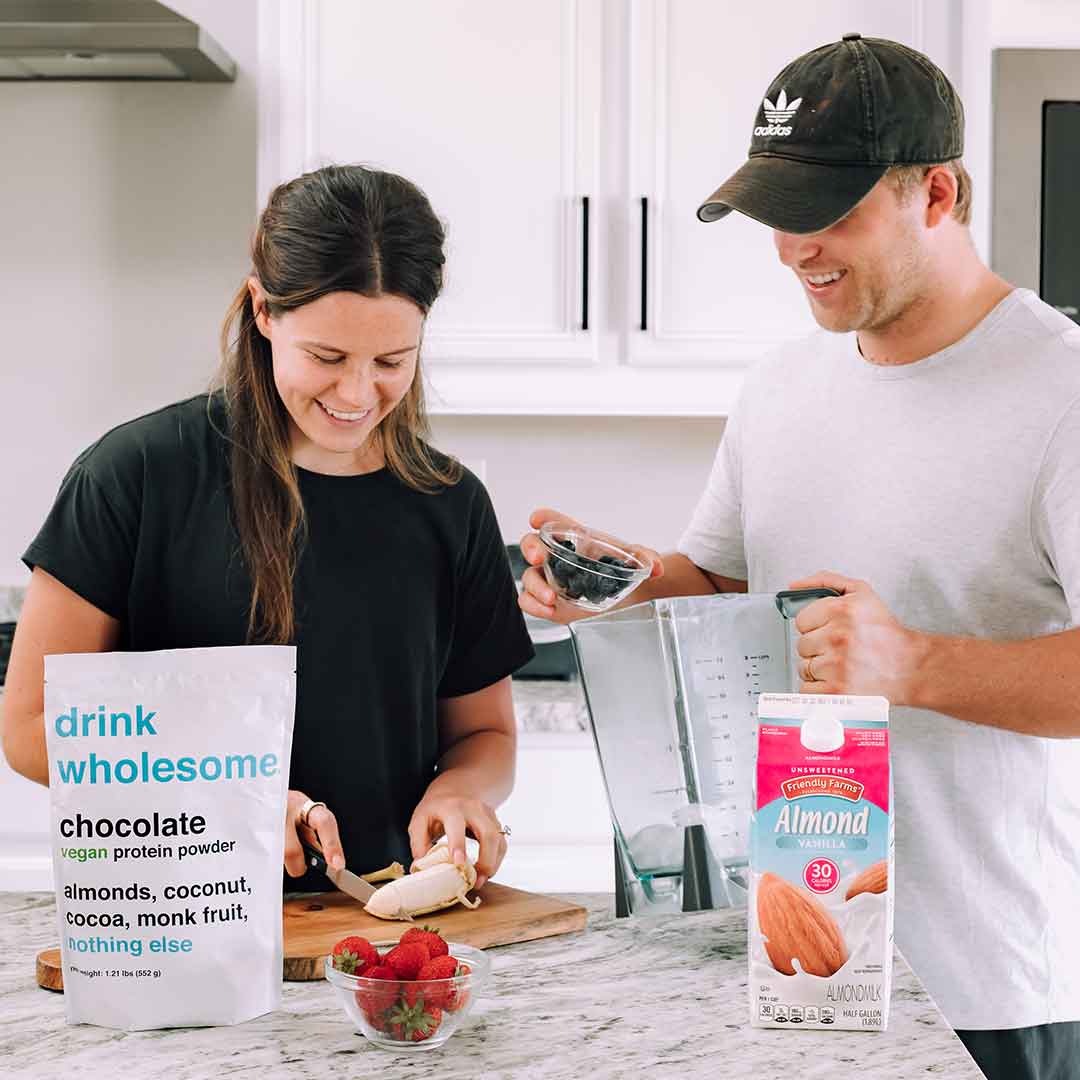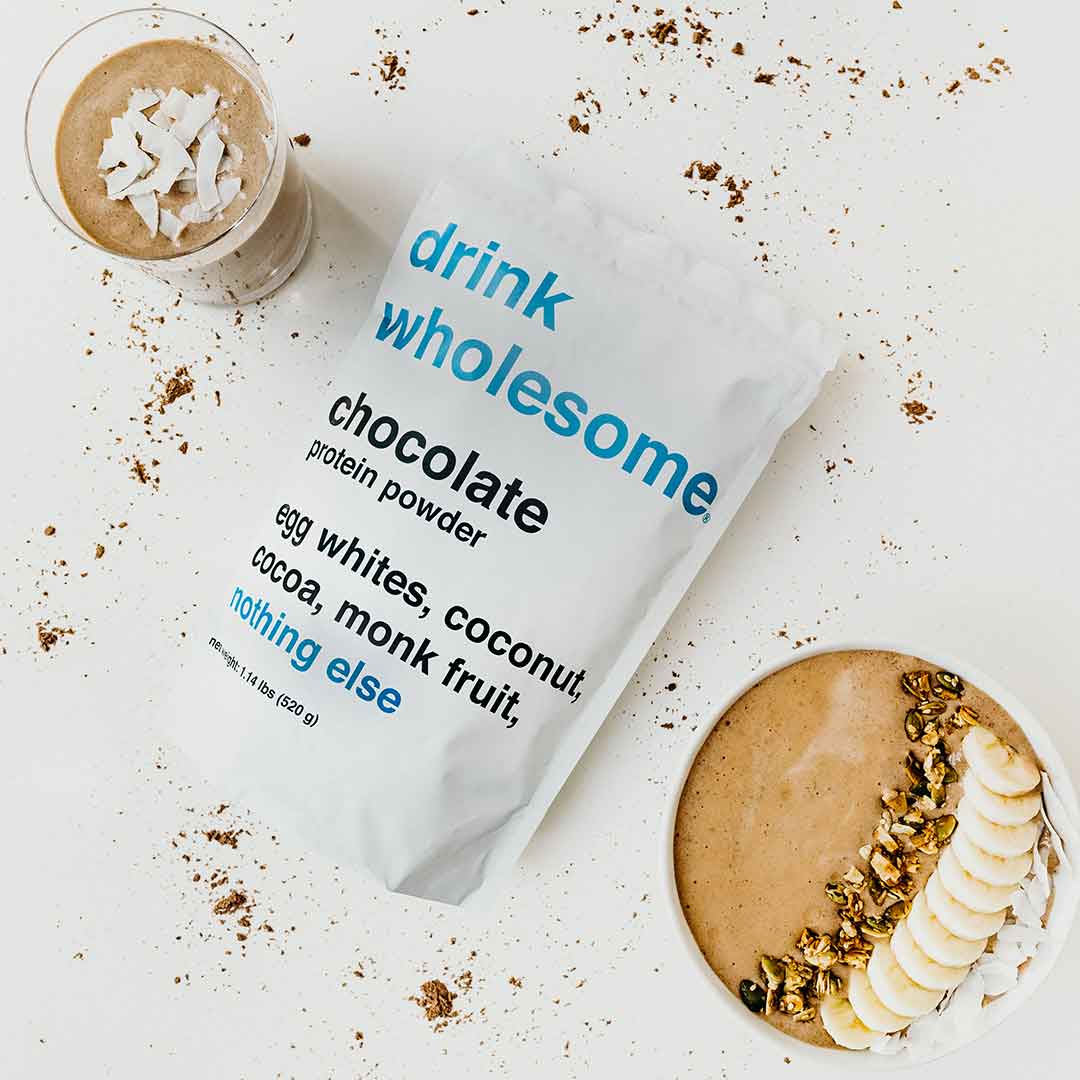When considering protein powder options, it is absolutely vital to steer clear of those that contain artificial sweeteners. These additives can inflict harm on the gut over time and significantly disrupt the composition of the gut microbiota. As a result, individuals may experience severe and chronic gastrointestinal problems, along with widespread inflammation and lasting damage to the delicate equilibrium of the gut microbiome.
Certain sweeteners, such as sugar alcohols like xylitol, are particularly problematic as they are poorly absorbed by the digestive system. Consequently, they serve as a feast for your hungry gut bacteria and draw excess water into the intestines, leading to diarrhea. Now, you may finally have something to blame for those post-protein shake trips to the bathroom!
Here is a list of the most common food additives in protein powder:
acacia gum, acesulfame potassium, artificial flavors, aspartame, carrageenan, cellulose gum, dextrin, dextrose, erythritol, gellan gum, guar gum, gum arabic, inulin, locust bean gum, “natural” flavors, maltodextrin, rice syrup solids, soy lecithin, silica, sucralose, sunflower lecithin, xanthan gum, xylitol


